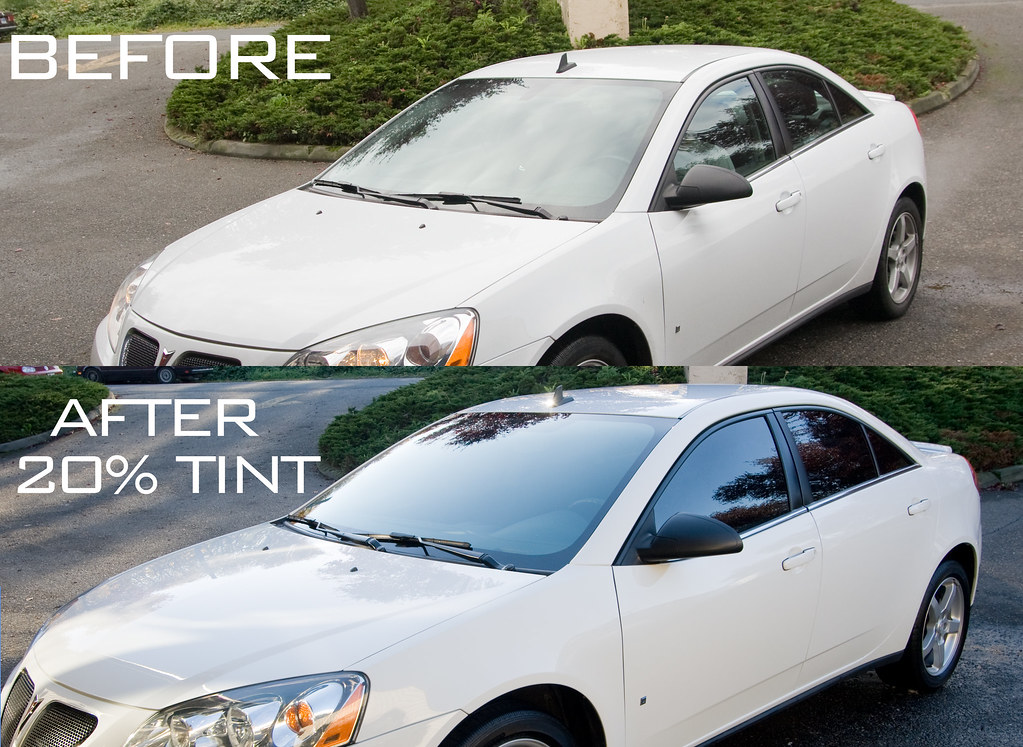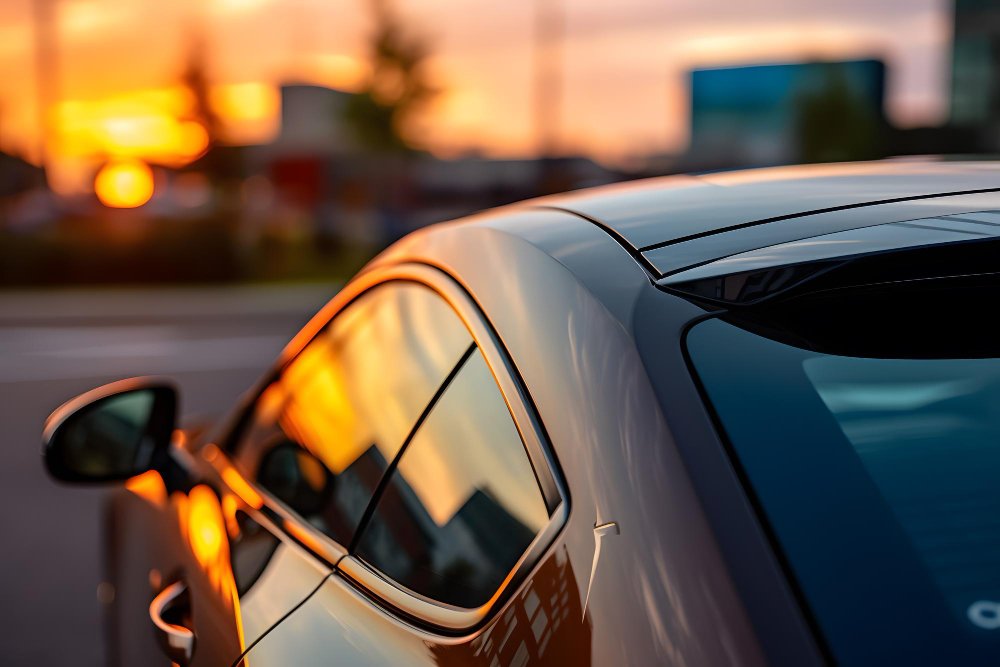Reputable Window Tinting Clovis: Upgrade Your Windows with Professional Services
Discovering the Numerous Kinds Of Home Window Tinting: A Comprehensive Summary for Vehicle Owners
In the realm of automotive improvements, home window tinting stands out as a sensible choice for car proprietors intending to enhance comfort and looks while providing essential protection (window tinting clovis). Recognizing the lawful laws regulating tinting in various territories includes another layer of intricacy to the decision-making procedure.
Benefits of Home Window Tinting
Window tinting supplies a myriad of advantages that improve both the aesthetic charm and capability of cars. Among the key advantages is the decrease of hazardous ultraviolet (UV) rays, which can result in skin damages and boost the risk of skin cancer cells. By obstructing approximately 99% of UV radiation, tinted home windows offer vital defense for passengers during long trips or everyday commutes.
Furthermore, window tinting significantly improves interior convenience by reducing glow and heat buildup. This not just produces an extra enjoyable driving experience yet also decreases the reliance on a/c, resulting in fuel financial savings. Improved privacy is one more important benefit; colored home windows obscure the sight right into the lorry, securing individual belongings and making sure a complacency for owners.
Moreover, window tinting can extend the life-span of an automobile's interior by lowering sunlight damage, such as fading and cracking of furniture. Ultimately, lots of jurisdictions identify the visual value of tinted windows, which can elevate an automobile's overall appearance and resale value. In summary, the multifaceted advantages of window tinting make it a useful financial investment for car proprietors seeking to boost safety and security, convenience, and style.
Sorts Of Window Color Movies
A variety of window tint movies are available on the market, each developed to satisfy different demands and choices. The most common types include colored, metalized, ceramic, and crossbreed films.
Colored films are prominent for their visual charm, as they offer a darker color without mirroring light. They are usually more economical but might fade in time. Metalized movies, on the various other hand, include steel particles that show warmth and UV rays, boosting sturdiness and efficiency. They might interfere with digital signals.
Ceramic films stand for a premium choice, supplying remarkable warmth denial and UV protection without the drawbacks of reflectivity. These films are non-conductive and do not impact digital devices, making them a favored choice amongst cars and truck proprietors seeking high performance. Lastly, hybrid films combine the advantages of dyed and metalized films, supplying an equilibrium in between expense and efficiency.
Selecting the right film relies on specific concerns such as warmth being rejected, looks, and budget. Understanding the attributes of each kind can lead car proprietors in making educated decisions that line up with their particular requirements and preferences.

Lawful Regulations on Tints
Legal regulations on window tinting vary significantly across various areas, showing neighborhood regulations and security criteria targeted at ensuring vehicle driver exposure and security. In the United States, for example, each state has its own set of policies controling the allowable levels of color darkness, commonly measured by Visible Light Transmission (VLT) percents. While some states allow darker colors for rear home windows, others impose stricter limits on front side home windows try these out and windshields.
Internationally, policies can differ much more significantly (window tinting clovis). Countries may enforce full restrictions on tinting or limit it to lighter tones. For instance, in the European Union, the front windshield must permit at the very least 75% of light to go through, while the front side windows have to allow at least 70%.
Compliance with these guidelines is important, as failure to adhere can result in penalties, obligatory elimination of non-compliant colors, or also automobile inspections. Therefore, car resource owners should familiarize themselves with their neighborhood legislations prior to applying window tinting. Consulting with experts and examining state or nationwide guidelines can assist ensure that any kind of selected tint abide by legal requirements, inevitably enhancing both safety and visual appeals.
Installation Refine and Considerations
When considering the installment of home window tinting for vehicles, numerous crucial variables should be taken into consideration to make sure an effective result. Picking the right kind of tint is vital, as different products supply different degrees of warmth rejection, UV defense, and aesthetic allure. In addition, it's crucial to examine local laws regarding color darkness and reflectivity to continue to be compliant with the law.
The installment process itself can be carried out do it yourself or by a professional. While do it yourself sets are readily available, specialist installment is typically recommended for ideal outcomes. Specialists possess the essential skills, tools, and experience to make you can check here sure a flawless application, which reduces the danger of bubbles, folds, or peeling.
Before setup, the automobile's windows need to be completely cleaned up and dried to protect against impurities from conflicting with the adhesive. By thinking about these factors, automobile owners can boost their driving experience while guaranteeing the long life and effectiveness of their home window tint.
Maintenance and Treatment Tips
Appropriate maintenance and treatment are important for preserving the appearance and capability of home window tinting after installment. To make certain durability, automobile proprietors should wait at the very least 2 days prior to rolling down their windows, enabling the adhesive to treat appropriately. Normal cleaning is crucial; nevertheless, it is very important to utilize gentle, ammonia-free remedies and soft microfiber towels to stay clear of scraping the tint.
When washing your automobile, avoid high-pressure water sprays straight on the colored home windows, as this can weaken the adhesive with time. Rather, use a damp fabric to wipe the surface area gently. Additionally, refrain from using abrasive products, such as harsh sponges or brushes, which can harm the color.
Check your home window tint occasionally for indications of gurgling, peeling, or staining. If any kind of issues are spotted, seek advice from a specialist to establish whether substitutes or repairs are essential. Car parking in shaded locations or utilizing sunshades can even more protect your tint from prolonged sun exposure, which can lead to fading.
Verdict
In recap, recognizing the different kinds of home window tinting is critical for automobile proprietors intending to improve convenience, looks, and defense. Proper setup and upkeep even more ensure optimal performance and longevity of the color.
In summary, the diverse benefits of home window tinting make it an important financial investment for car owners seeking to enhance comfort, design, and safety and security.
Lawful guidelines on window tinting differ dramatically throughout different regions, showing local laws and safety and security criteria aimed at guaranteeing vehicle driver presence and security. While some states enable darker colors for rear windows, others enforce more stringent restrictions on front side windows and windscreens.
